
-
-
-
Advance your career
In 3-9 months, gain the skills to break into a new career or take your career to the next level.
10th
View allADVANCED MANAGEMENT PROGRAMME (MANUFACTURING AND OPERATIONS)
View allAGNIVEER MR
View allAGNIVEER SSR
View allALLAHABAD HC RO/ARO
View allAnthropology (B.Sc Anthropology)
View allArtificial Intelligence
View allASSOCIATION OF CHARTERED CERTIFIED ACCOUNTANTS [ACCA]
View allB.A (Hons.) Business Economics
View allB.A Geography
View allB.A Hons (English)
View allB.A. - Public Administration
View allB.A. Economics
View allB.A. English
View allB.A. in Fashion and Textile Design
View allB.A. in Jewellery and Accessory Design
View allB.A. in Political Science
View allB.A. in Visual Communication
View allB.A. Journalism and Mass Communication
View allB.A. LLB
View allB.Com (Hons.)
View allB.Ed or Bachelor of Education
View allB.Ed or Bachelor of Education in Physical Science
View allB.Sc - Computer Science
View allB.Sc - Electronics
View allB.Sc - Forensic Science
View allB.Sc - Genetics
View allB.Sc - Geology
View allB.Sc - Home Science
View allB.Sc - Horticulture
View allB.Sc - Life Sciences
View allB.Sc - Microbiology
View allB.Sc - Statistics
View allB.Sc - Zoology
View allB.Sc in Animation
View allB.Sc in Physiology
View allB.Sc LLB (B.Sc LLB)
View allB.Sc. (Hons.) Chemistry
View allB.Sc. (Hons.) Computer Science
View allB.Sc. (Hons.) Mathematics
View allB.Sc. (Hons.) Physics
View allB.Sc. Agriculture
View allB.Sc. Biochemistry
View allB.Sc. Biotechnology
View allB.Sc. Nursing
View allB.Tech - Automobile Engineering
View allB.Tech - Biochemical Engineering
View allB.Tech - Ceramic Engineering
View allB.Tech - Genetic Engineering
View allB.Tech - Instrumentation Engineering
View allB.Tech - Mechatronics Engineering
View allB.Tech - Mining Engineering
View allB.Tech - Production Engineering
View allB.Tech - Telecommunication Engineering
View allB.Tech - Textile Engineering
View allB.Tech : Mechanical Engineering
View allB.Tech-Artificial Intelligence
View allB.Tech-Chemical Engineering
View allB.Tech-Civil Engineering
View allB.Tech-Computer Science Engineering
View allB.Tech-Electrical Engineering
View allB.Tech-Electronics and Communications Engineering
View allB.Tech-Mechanical Engineering
View allBA LLB (BA LLB)
View allBachelor of Accounting and Finance (BAF)
View allBachelor of Audiology & Speech Language Pathology (BASLP)
View allBachelor of Banking & Insurance (BBI)
View allBachelor of Business Administration (BBA)
View allBachelor of Computer Applications (BCA)
View allBachelor of Design (B.Des)
View allBachelor of Education (B.Ed)
View allBachelor of Education (B.Ed) in History
View allBachelor of Education (B.Ed) Psychology
View allBachelor of Education (BE.d) English
View allBachelor of Education (BEd) Commerce
View allBachelor of Education (BEd) in Physical Education
View allBachelor of Education in Hindi
View allBachelor of Education in Tamil [B.Ed] (Tamil)
View allBachelor of Elementary Education (B.El.Ed)
View allBachelor of Financial Markets (BFM)
View allBachelor of Fine Arts
View allBachelor of Management Studies (BMS)
View allBachelor of Mass Communication (BMC)
View allBachelor of Mass Media (BMMC)
View allBachelor of Multimedia Communication (BMMC)
View allBachelor of Optometry
View allBachelor of Optometry (BOPTM)
View allBachelor of Physical Education (B.P.Ed)
View allBachelor of Tourism and Travel Management (BTTM)
View allBachelor of Visual Communication (B.V.C)
View allBachelor of Visual Communication (BVC)
View allBachelor of Vocation (B.Voc) in Software Development
View allBachelors in Banking and Insurance (BBI)
View allBachelors of Commerce and Bachelor of Legislative Law (B.Com LLB)
View allBBA LLB
View allBEd Political Science
View allBIHAR CGL TEST SERIES
View allBIHAR CIVIL COURT
View allBIHAR DAROGA
View allBIHAR PROHIBITION CONSTABLE
View allBOB PO
View allBOB SO
View allBOI SO
View allBPSC HEAD MASTER
View allBPSC SANITARY & WM
View allBusiness Analytics
View allCANARA BANK PO
View allCAT
View allCAT Exam
View allCBI SO
View allCBSE 5
View allCBSE 7
View allCBSE 1
View allCBSE 11th
View allCBSE 12TH
View allCBSE 2
View allCBSE 3
View allCBSE 4
View allCBSE 6
View allCBSE 8
View allCBSE 9TH
View allCBSE CTET
View allCDS
View allCERTIFICATE IN BUSINESS ANALYTICS
View allCertificate Course in Accounting
View allCertificate Course in Banking
View allCERTIFICATE COURSE IN BANKING
View allCERTIFICATE COURSE IN BUSINESS ANALYTICS
View allCERTIFICATE COURSE IN C++
View allCERTIFICATE COURSE IN COMMUNICATIVE ENGLISH
View allCERTIFICATE COURSE IN COMPUTER APPLICATION [CCA]
View allCertificate Course in Fashion Design
View allCERTIFICATE COURSE IN FINANCIAL ACCOUNTING & TAXATION [CCFAT]
View allCERTIFICATE COURSE IN FRENCH
View allCERTIFICATE COURSE IN FUNCTIONAL ENGLISH
View allCERTIFICATE COURSE IN GERMAN
View allCERTIFICATE COURSE IN INFORMATION TECHNOLOGY
View allCertificate Course in Interior Design
View allCERTIFICATE COURSE IN INTERIOR DESIGN
View allCertificate Course in JAVA
View allCERTIFICATE COURSE IN JAVA
View allCERTIFICATE COURSE IN JOURNALISM
View allCERTIFICATE COURSE IN PHOTOGRAPHY
View allCERTIFICATE COURSE IN PHYSIOTHERAPY
View allCERTIFICATE COURSE IN SPANISH
View allCERTIFICATE COURSE IN SPOKEN ENGLISH
View allCertificate Course in Stock Market
View allCERTIFICATE COURSE IN STOCK MARKET
View allCertificate Course in Tally
View allCERTIFICATE COURSE IN TALLY
View allCERTIFICATE COURSE IN YOGA
View allCertificate courses in C ++
View allCERTIFICATE IN ACCOUNTING
View allCertificate in Animation
View allCERTIFICATE IN ANIMATION
View allCertificate in Auto CAD
View allCERTIFICATE IN AUTO CAD
View allCertificate in CAD
View allCERTIFICATE IN CAD
View allCertificate in Cloud Computing
View allCERTIFICATE IN CLOUD COMPUTING
View allCertificate in Computer Application
View allCERTIFICATE IN COSMETOLOGY
View allCERTIFICATE IN DISASTER MANAGEMENT [CDM]
View allCERTIFICATE IN ENGLISH
View allCERTIFICATE IN HINDI
View allCERTIFICATE IN HUMAN RESOURCES
View allCertificate in Information Technology
View allCERTIFICATE IN INSURANCE SERVICES
View allCERTIFICATE IN LABORATORY TECHNIQUES [CPLT]
View allCERTIFICATE IN PROJECT MANAGEMENT
View allCERTIFICATE IN TOURISM AND TRAVEL MANAGEMENT
View allCERTIFICATE IN WEB DESIGNING
View allCertificate in Web Designing.
View allCERTIFICATE PROGRAM IN SUPPLY CHAIN MANAGEMENT
View allCERTIFICATE PROGRAMME IN SALES AND MARKETING
View allCERTIFIED COURSE IN FOOD AND NUTRITION
View allCERTIFIED FINANCIAL PLANNER [CFP]
View allCHARTERED ACCOUNTANT
View allChartered Financial Analyst
View allchinese
View allCISF CONSTABLE/TRADESMEN
View allCIVIL SERVICES
View allCLAT
View allCLAT EXAMS
View allCloud Computing
View allCOMBINED GEO-SCIENTIST
View allCOMBINED MEDICAL SERVICES
View allContent Writing
View allCraftsmanship Course in Food Production
View allCRPF ASI/HC
View allCRPF CONSTABLE TRADESMAN
View allCRPF SI & ASI
View allCS (Company Secretary)
View allCUET
View allCyber Security
View allD.EL.Ed.
View allData Analytics
View allData Science
View allDigital Marketing
View allDiploma in 3D Animation
View allDiploma in Advertising and Marketing
View allDiploma in Airline, Travel and Tourism Management
View allDiploma in Animation and Multimedia
View allDIPLOMA IN ARCHITECTURE ENGINEERING
View allDIPLOMA IN AUTOMOBILE ENGINEERING
View allDiploma in Bakery and Confectionery
View allDIPLOMA IN BIOMEDICAL ENGINEERING
View allDIPLOMA IN CHEMICAL ENGINEERING
View allDIPLOMA IN CIVIL ENGINEERING
View allDiploma in Communicative English
View allDIPLOMA IN COMPUTER ENGINEERING
View allDIPLOMA IN COMPUTER SCIENCE AND ENGINEERING
View allDIPLOMA IN DENTAL HYGIENIST
View allDIPLOMA IN DENTAL MECHANICS
View allDiploma in education
View allDIPLOMA IN ELECTRICAL & ELECTRONICS ENGINEERING
View allDIPLOMA IN ELECTRICAL ENGINEERING
View allDIPLOMA IN ELECTRONICS ENGINEERING
View allDiploma in elementary education
View allDiploma in Engineering
View allDiploma in Event Management
View allDIPLOMA IN FINE ARTS
View allDiploma in Food and Beverage Services
View allDiploma in Gemology
View allDiploma in Hotel Management (DHM)
View allDiploma in Information Technology
View allDIPLOMA IN INFORMATION TECHNOLOGY
View allDiploma in Interior Designing
View allDiploma in Journalism and Mass Communication (DJMC)
View allDIPLOMA IN MECHANICAL ENGINEERING
View allDIPLOMA IN MECHATRONICS
View allDiploma in Medical Lab Technology
View allDiploma in Medical Laboratory Technology (DMLT)
View allDIPLOMA IN MINING ENGINEERING
View allDiploma in Multimedia
View allDiploma in Nursing
View allDiploma in Nursing Care Assistant (DNCA)
View allDiploma in Nutrition and Dietetics
View allDiploma in Office Management
View allDIPLOMA IN PETROLEUM ENGINEERING
View allDiploma in Photography
View allDiploma in Physiotherapy
View allDIPLOMA IN PRODUCTION ENGINEERING
View allDiploma in Radiological Technology
View allDiploma in Rural Healthcare
View allDiploma in Scriptwriting/Creative Writing
View allDiploma in Sound Recording
View allDiploma in Travel & Tourism
View allDiploma in Visual Merchandising
View allDiploma in X-Ray Technician
View allEmail-Marketing
View allEPFO
View allFashion Designer
View allFCI MANAGEMENT TRAINEE
View allFEDERAL BANK PO
View allFull-Stack Developer
View allGATE
View allGraphic Design
View allHARCO BANK
View allHPSC PGT
View allHSSC Canal Patwari
View allHSSC GRAM SACHIV
View allIB SA/EXE & MTS/GEN
View allIBPS CLERK
View allIBPS PO
View allIBPS RRB OFFICE ASSISTANT
View allIBPS RRB OFFICER SCALE 1
View allIBPS SO Exam
View allIBPS Specialist Officer Exams
View allICAR
View allIIBF JE
View allINDIAN AIRFORCE APPRENTICE
View allINDIAN BANK COST GUARD (GD/DB)
View allINDIAN BANK PO
View allINDIAN BANK SO
View allINDIAN ECONOMIC SERVICE
View allINDIAN ER.SERVICES
View allINDIAN FOREST SERVICE
View allINDIAN NAVY AA/SSR
View allIPPB
View allJH POLICE RO
View allJK BANK PO
View allJK POLICE CONSTABLE
View allJob Oriented
View allJSSC EXCISE AND PROHIBITION
View allKG
View allLAKHSMI VILAS BANK PO
View allLDCE
View allLIC AAO
View allLIC ADO
View allLIC HFL
View allLL.M - Criminal Law
View allLL.M - Cyber Law
View allLL.M - International Law
View allLL.M - Labour Law
View allM.A. - Public Administration
View allM.A. in Economics
View allM.A. in English
View allM.A. Political Science
View allM.A. Rural Development
View allM.A.in History
View allM.Sc - Geoinformatics
View allMachine Learning
View allMaster of Education (M.Ed)
View allMaster of Law (LL.M)
View allMaster of Mass Communication (MMC)
View allMasters in Journalism and Mass Communication (MJMC)
View allMasters of Business Administration (MBA)
View allMAT
View allMBA - Communication Management
View allMBA - Customer Relationship Management (MBA CRM)
View allMBA - Environmental Management
View allMBA - Healthcare & Hospital Management
View allMBA - Hospitality Management
View allMBA - Logistics and Supply Chain Management
View allMBA - Materials Management
View allMBA - Media Management
View allMBA - Natural Resource Management
View allMBA - Operations Management
View allMBA - Project Management
View allMBA - Retail Management
View allMBA - Risk Management
View allMBA - Rural Development Management
View allMBA - Sales Management
View allMBA - Sports Management
View allMBA - Sustainable Management
View allMBA - Technology Management
View allMBA-Finance
View allMBA-Hr
View allMBA-Insurance
View allMBA-IT
View allMBA-Marketing
View allMCM: Masters of Computer Management
View allMP PATWARI
View allMP PSC
View allMP TET
View allMPPSC FOREST SERVICE
View allNAINITAL BANK
View allNDA & NA
View allNIOS 10
View allNIOS 11
View allNIOS 12
View allNIOS D.EL.ED.
View allNTPC CBT
View allOICL RECRUITMENT
View allOSSSC RECRUITMENT
View allPATNA HC STENO
View allPGP - Tax Management
View allPost Graduate Diploma in Technical Writing
View allProgramming
View allProject Management
View allRBI ASSISTANT
View allRBI Grade B Exam
View allRRB ASSISTANT LOCO PILOT
View allRRB Group D.
View allRSCB
View allRSMSSB COMPUTOR
View allRSMSSB FOREST GUARD
View allRSMSSB INFORMATICS ASSISTANT
View allRSMSSB JE
View allRSMSSB LAB TECH
View allRSMSSB LIB
View allRSMSSB PATWARI
View allRSMSSB PHARMACIST
View allSBI Clerk
View allSBI Clerk 2024
View allSBI PO
View allSIDBI GRADE A
View allSIDBI GRADE B
View allSocial Media Marketing
View allSoft Skills
View allSoftware Development.
View allSSC SELECTION POST
View allUIIC ASSISTANT
View allUPPSC ASST.PRO
View allUPPSC NURSE
View allUPPSC PROGRAMMER
View allUPSSSC ATA
View allUPSSSC INSTRUCTOR
View allUPSSSC VDO
View allVCBL PO
View allWealth Management
View allWeb Designing
View allXAT
View allDiploma in Cosmetology
View all
-
-
-
Advance your career
In 3-9 months, gain the skills to break into a new career or take your career to the next level.
-
-
-
Advance your career
In 3-9 months, gain the skills to break into a new career or take your career to the next level.
-
-
-
Advance your career
In 3-9 months, gain the skills to break into a new career or take your career to the next level.
Arts And Humanities.
No courses found
Business
View allCertificate
View allComputer Science
No courses found
Graphic Design
No courses found
Health
No courses found
Information Technology
View allLanguage Learning
No courses found
Math And Logic
No courses found
Physical Science And Engineering
No courses found
Social Science
No courses found
Soft Skills
No courses found
-
-
-
Find your new career
Breakthrough pricing on 100% online degrees designed to fit into your life.
CERTIFICATE IN ANIMATION
No subjects found
Get started
-
-
-
Find your new career
Breakthrough pricing on 100% online degrees designed to fit into your life.
CERTIFICATE COURSE IN COMMUNICATIVE ENGLISH
No subjects found
CERTIFICATE COURSE IN FRENCH
No subjects found
CERTIFICATE COURSE IN FUNCTIONAL ENGLISH
No subjects found
CERTIFICATE COURSE IN GERMAN
No subjects found
CERTIFICATE COURSE IN SPANISH
No subjects found
CERTIFICATE COURSE IN SPOKEN ENGLISH
No subjects found
CERTIFICATE IN ENGLISH
No subjects found
CERTIFICATE IN HINDI
No subjects found
CERTIFICATE IN INSURANCE SERVICES
No subjects found
DIPLOMA IN FINE ARTS
No subjects found
Get started
-
-
-
Find your new career
Breakthrough pricing on 100% online degrees designed to fit into your life.
No courses found
Get started
-
-
-
Find your new career
Breakthrough pricing on 100% online degrees designed to fit into your life.
Certificate Course In Accounting
No subjects found
Certificate Course In Banking
No subjects found
Certificate Course In Interior Design
No subjects found
Certificate Course In Stock Market
No subjects found
Certificate Course In Tally
No subjects found
Get started
-
-
-
Find your new career
Breakthrough pricing on 100% online degrees designed to fit into your life.
Certificate Course In Fashion Design
No subjects found
Certificate In Auto CAD
No subjects found
Certificate In CAD
No subjects found
Chinese
No subjects found
Get started
-
Goals
Departments
-
History
Academic |
NIOS 12
NIOS Class 12 History is a course that is designed to provide students with an in-depth understanding of the various aspects of history. The course covers a wide range of topics related to Indian history, including the ancient, medieval, and modern periods, as well as world history. The course is intended to help students develop a critical understanding of historical events, learn about the different ways in which history is interpreted, and gain an appreciation for the role that history plays in shaping our understanding of the world around us.

Runali Deb Roy
Last Update : 15 May 2023
Learn the Fascinating World of History in CBSE Class 12
NIOS Class 12 History is a two-year course that aims to provide students with a comprehensive understanding of the history of India and the world. The course covers a wide range of topics, including the political, social, economic, and cultural aspects of history.
The course is divided into two parts: Part I and Part II. Part I covers the period from ancient times to the end of the eighteenth century, while Part II covers the period from the nineteenth century to the present day.
Part I of the course covers topics such as Ancient India, Medieval India, and Modern India. The ancient period covers the Indus Valley Civilization, Vedic Age, Mauryan Empire, and Gupta Empire. The medieval period covers the Delhi Sultanate, Mughal Empire, and the Maratha Empire. The modern period covers the British rule in India, Indian National Movement, and the Freedom Struggle.
Part II of the course covers topics such as the world wars, the Cold War, the Non-Aligned Movement, the rise of nationalism, the process of globalization, and contemporary issues in Indian and world history.
Overall, the course aims to provide students with a comprehensive understanding of the major historical events, themes, and movements that have shaped the world we live in today.
Comprehensive CBSE 12th History Course at Matriye Academy
- Ancient India: This includes the study of the Indus Valley Civilization, Vedic Age, Buddhism, Jainism, Mauryan Empire, and Gupta Empire.
- Medieval India: This includes the study of the Delhi Sultanate, Mughal Empire, and the rise of regional states.
- Modern India: This includes the study of the colonial period, the Indian freedom struggle, and the making of the Indian Constitution.
- World History: This includes the study of the French Revolution, Industrial Revolution, World War I, and World War II.
Course Content
- Understanding the idea of society and culture
- Understanding the concepts of caste, class, and gender in Indian society
- Exploring the historical development of Indian culture
- Political developments in North India during the Rajput period
- The emergence of new dynasties in South India
- The significance of Bhakti and Sufi movements
- The Delhi Sultanate and the Mughal Empire
- The impact of the arrival of Europeans in India
- The growth of regional kingdoms in South India
- The British conquest of Bengal and the establishment of British rule in India
- The rise of colonialism and its impact on Indian society and economy
- The emergence of new social and religious movements in India
- The process of decolonization and the making of the Indian Constitution
- The challenges of nation-building in post-independence India
- The emergence of India as a global power
NIOS Class 12 History
The NIOS Class 12 History course is designed to provide students with a comprehensive understanding of India's rich history, covering topics from ancient times to modern India. The course aims to develop an appreciation for the richness and diversity of Indian culture and heritage.
The course is designed to provide students with a balanced understanding of Indian and world history and to help them develop analytical and critical thinking skills. Students will also be encouraged to think creatively and independently. The course is structured in a way that promotes self-paced learning and includes a mix of theoretical and practical components to ensure that students have a holistic learning experience.
Course Description
NIOS Class 12 History course aims to provide students with a comprehensive understanding of the Indian past and its links with the world. The course will help students learn about the various aspects of Indian history, including social, economic, and political history. Students will also explore the cultural history of India and understand how it has evolved over the centuries.
The course is designed to help students develop critical thinking and analytical skills. Students will be encouraged to engage with historical sources and interpret them to gain a deeper understanding of the past. The course will also help students develop their research and writing skills.
Overall, the NIOS Class 12 History course will help students appreciate the rich cultural heritage of India and understand the role of history in shaping our present and future.
- Duration 12 Months
- Level Beginner
- Lectures 45 Lectures
- Language English
- Enrolled 100+ Enrolled
- Recorded Video 45
- Notes 28
- MCQs 300
- PPTs 30
- Live Test Series 38
- E-Book 30
Benefits of Studying History
Studying history offers numerous benefits, including:
Understanding the past: History helps us to understand our past and how we have reached our current situation. By studying historical events, we can learn from the successes and mistakes of our predecessors, which can help us to make better decisions in the future.
Developing critical thinking skills: Studying history requires analyzing and evaluating sources to gain a deeper understanding of events. This develops critical thinking skills and helps us to separate fact from fiction.
Developing cultural awareness: History helps us to understand different cultures and their contributions to society. By understanding different perspectives, we can become more culturally aware and empathetic.
Enhancing communication skills: History requires reading, writing, and communication skills, which are essential in many professions.
Preparing for future careers: Many careers, such as law, journalism, and politics, require an understanding of historical events and the ability to interpret them.
Enhancing personal development: Studying history can broaden our perspective and understanding of the world, leading to personal growth and development.

Course Structure
1
The NIOS Class 12 History course is divided into two parts - Part I and Part II.
Part I: India: Earliest Times to the 8th Century CE
- Unit 1: Introduction to History
- Unit 2: India in the Early Stone Age
- Unit 3: India in the Neolithic Age
- Unit 4: The Harappan Civilization
- Unit 5: India in the Vedic Age
- Unit 6: India in the Later Vedic Age
- Unit 7: India in the 6th Century BCE
- Unit 8: Buddhism and Jainism
- Unit 9: Alexander’s Invasion of India
- Unit 10: The Maurya Empire
2
Part II: India: 8th Century to Modern Times
- Unit 11: The Sangam Age
- Unit 12: India in the 7th Century
- Unit 13: India in the 8th Century
- Unit 14: The Chola Empire
- Unit 15: India in the 12th Century
- Unit 16: India in the 14th Century
- Unit 17: India in the 15th Century
- Unit 18: India in the 16th Century
- Unit 19: The Mughal Empire
- Unit 20: India in the 18th Century
Each unit consists of various chapters that cover different aspects of the topic. The course is designed to provide students with a comprehensive understanding of Indian history from the earliest times to modern times.
Start Learning Today
Financial aid available
- Taught by top companies and universities
- Affordable programs
- Apply your skills with hands-on projects
- Learn on your own schedule
- Course videos and readings
- Graded quizzes and assignments
- Shareable Certificate upon completion
Frequently Asked Questions
NIOS class 12 History is a course offered by the National Institute of Open Schooling for students who wish to study History at the senior secondary level.
The eligibility criteria for NIOS class 12 History is a pass in class 10 or an equivalent examination from a recognized board.
The duration of NIOS class 12 History is one year.
The syllabus for NIOS class 12 History includes topics such as Ancient India, Medieval India, Modern India, and World History.
Yes, NIOS class 12 History is recognized by colleges and universities across India.
You can apply for NIOS class 12 History online through the official website of NIOS.
The fee structure for NIOS class 12 History varies depending on the mode of study and the subjects chosen. You can check the fee structure on the official website of NIOS.
No, there is no age limit to apply for NIOS class 12 History.
Yes, you can study NIOS class 12 History along with other courses.
The passing criteria for NIOS class 12 History is a minimum of 33% marks in each subject and an aggregate of 33% marks in five subjects.






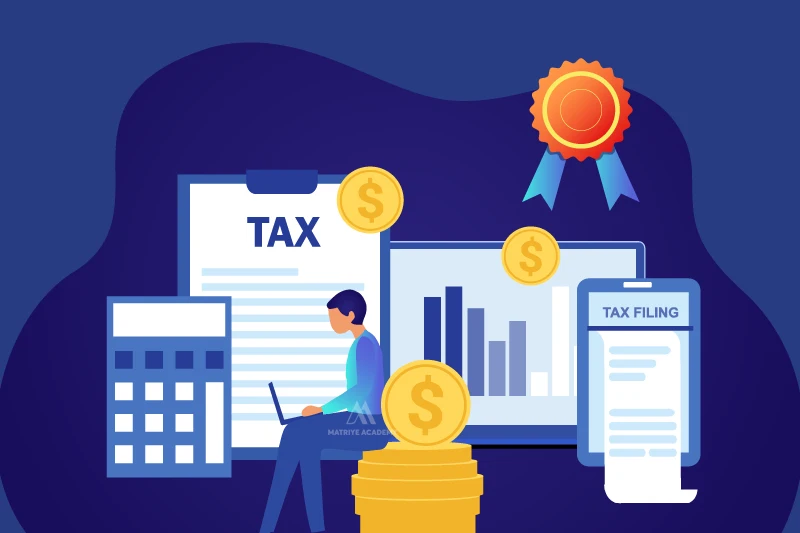
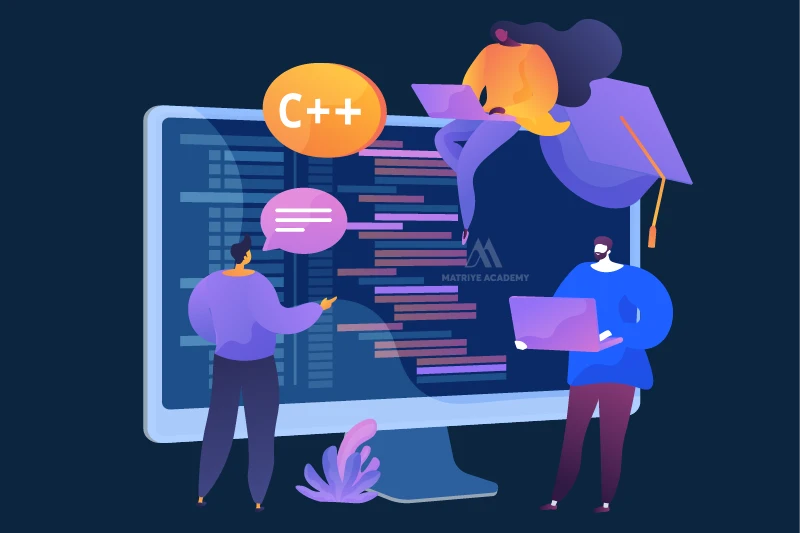
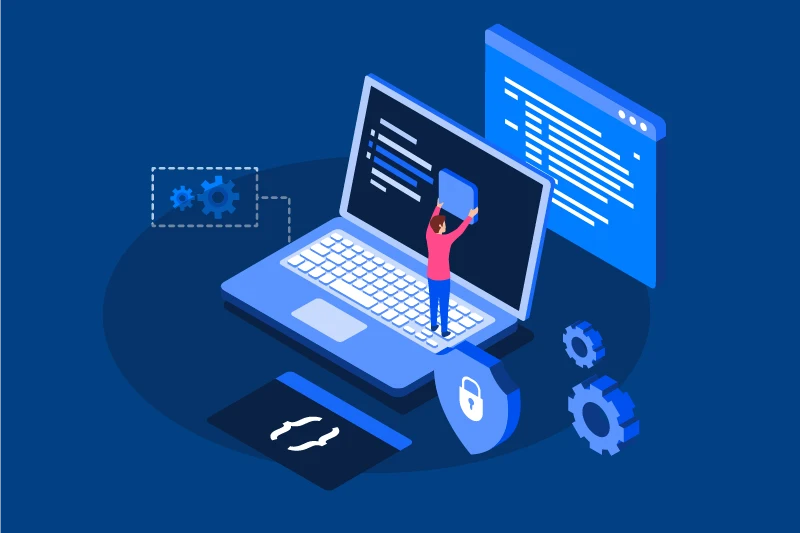
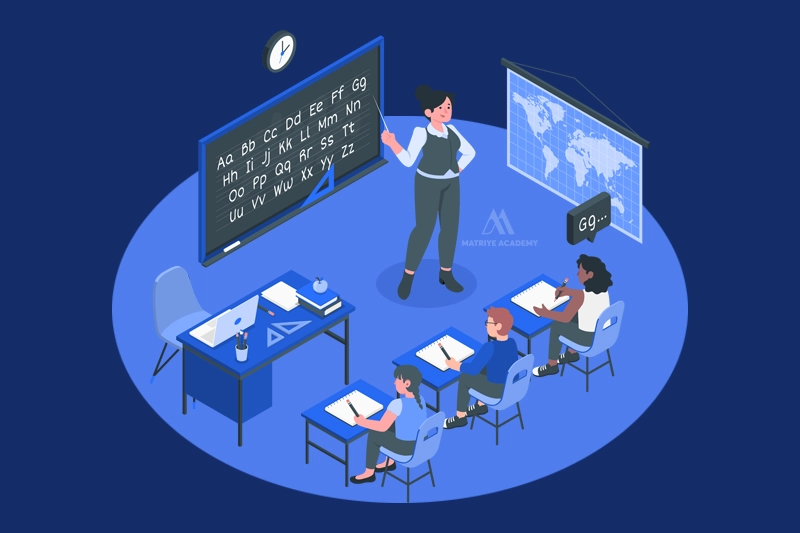
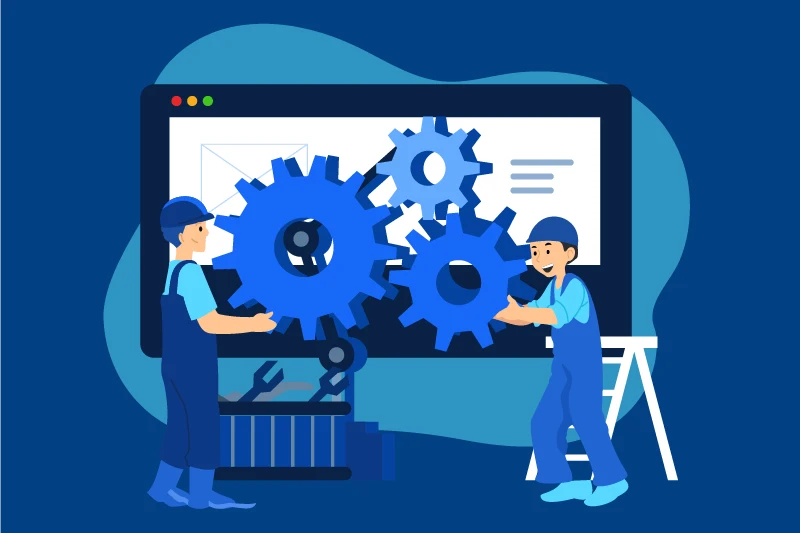
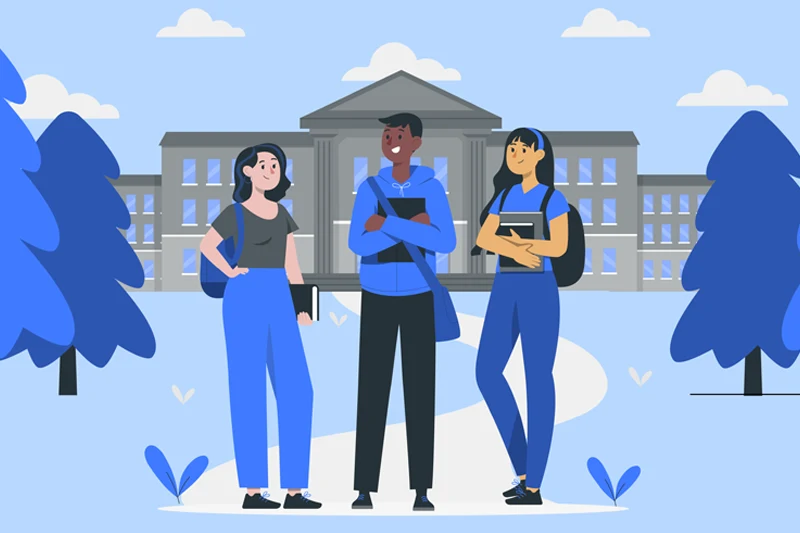
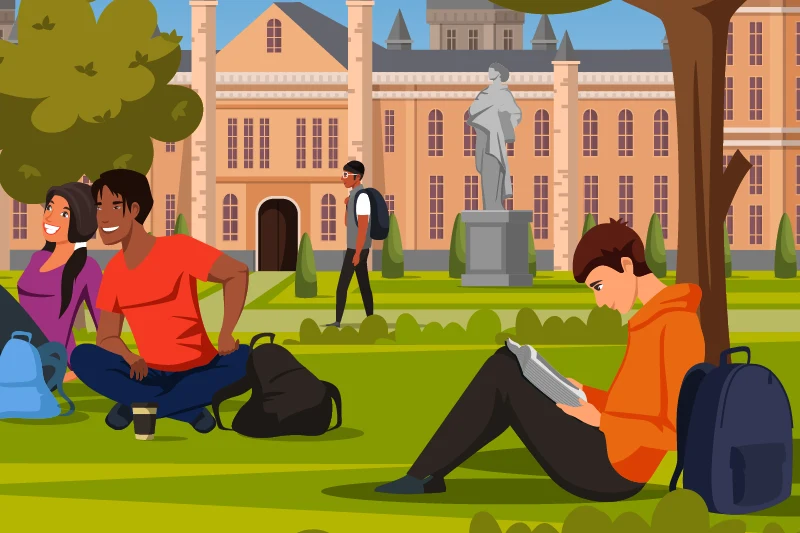
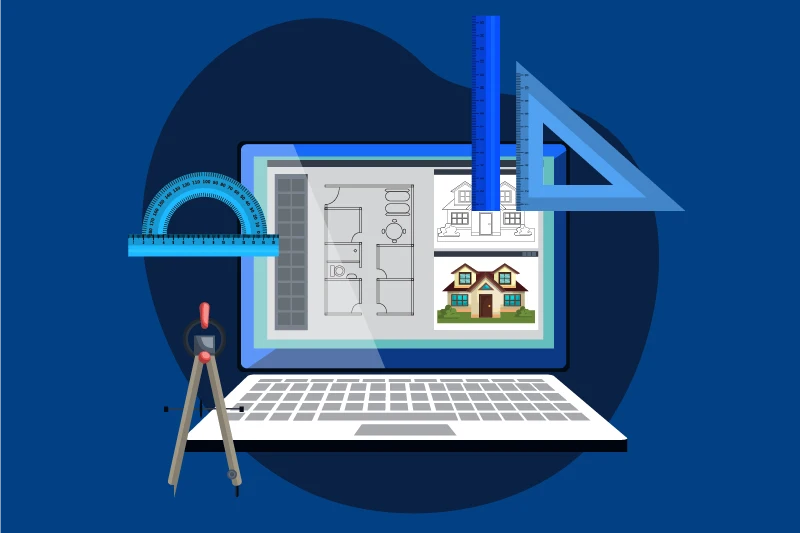
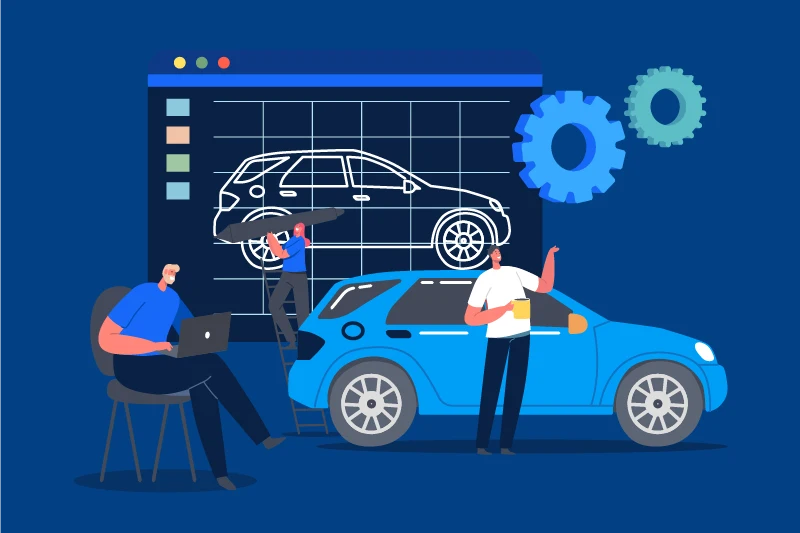
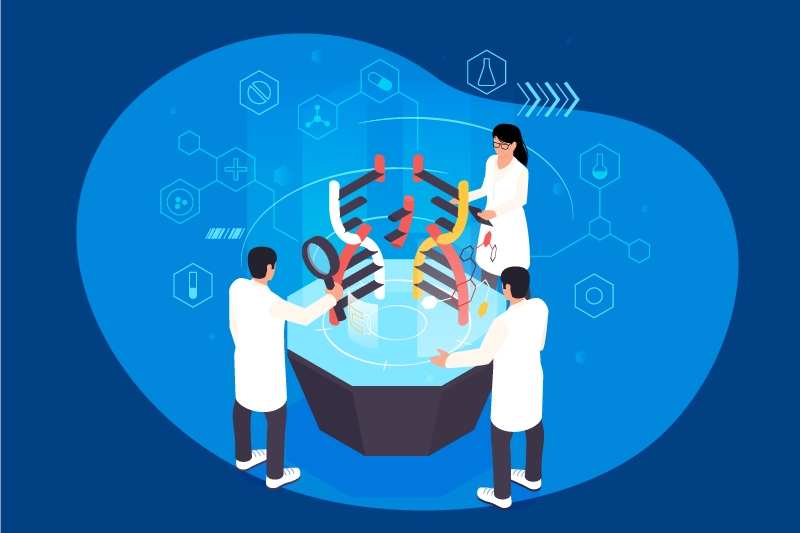

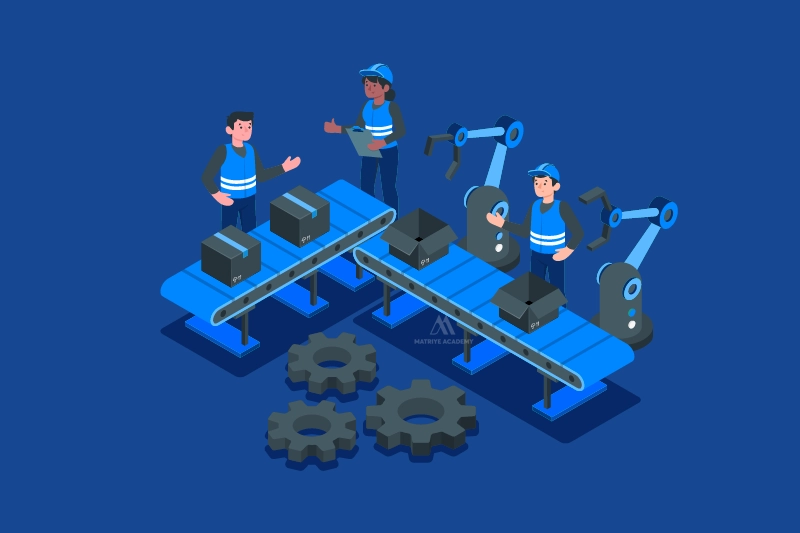
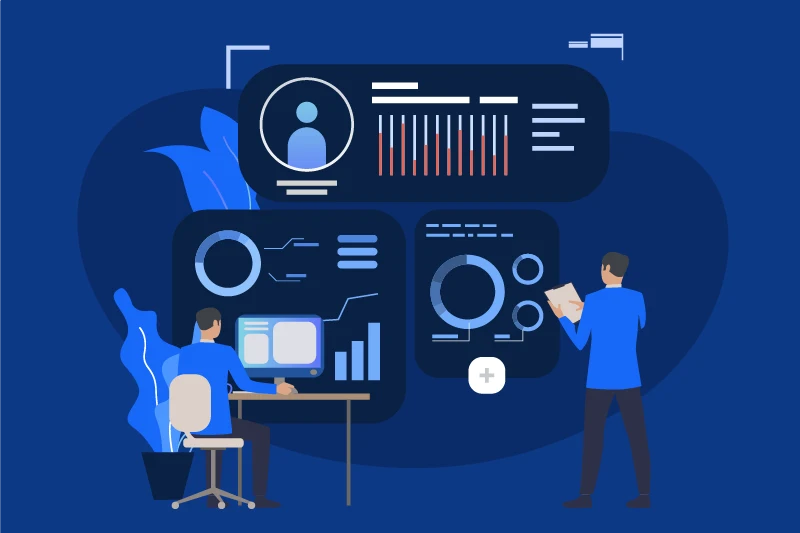
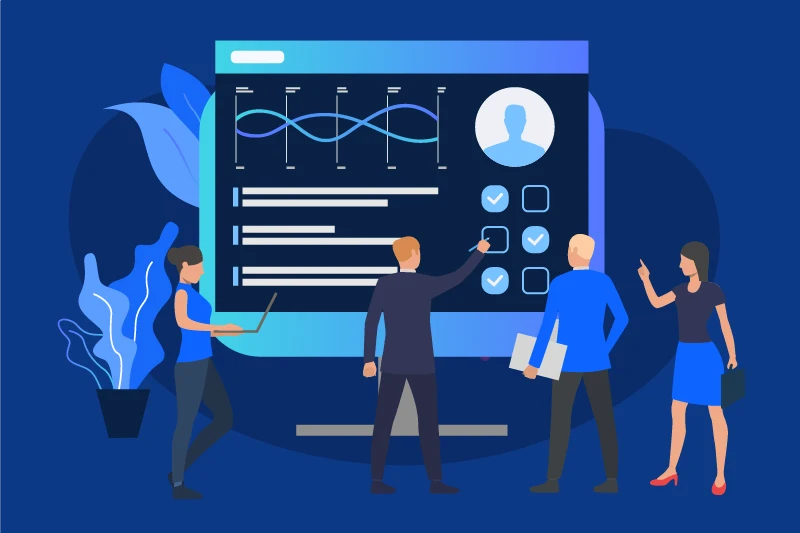




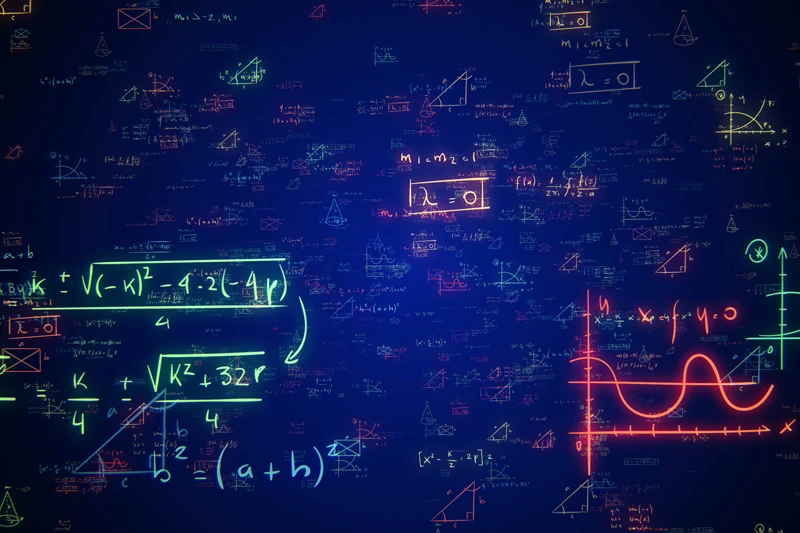
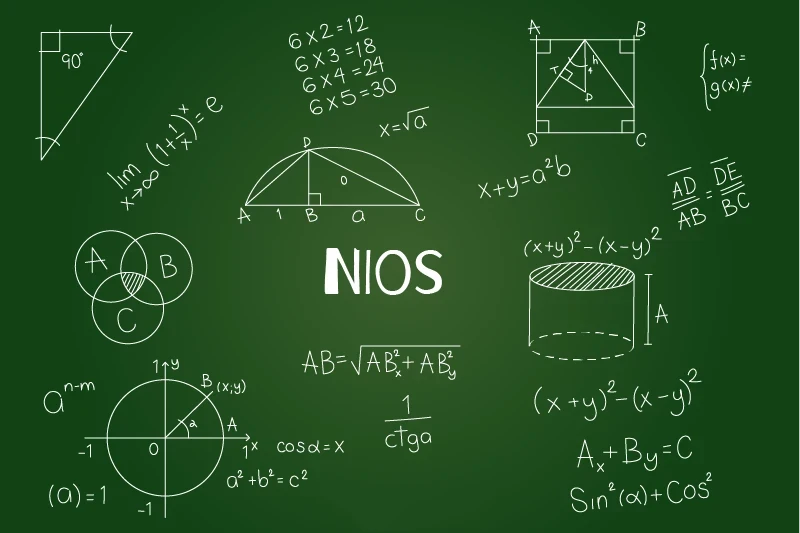


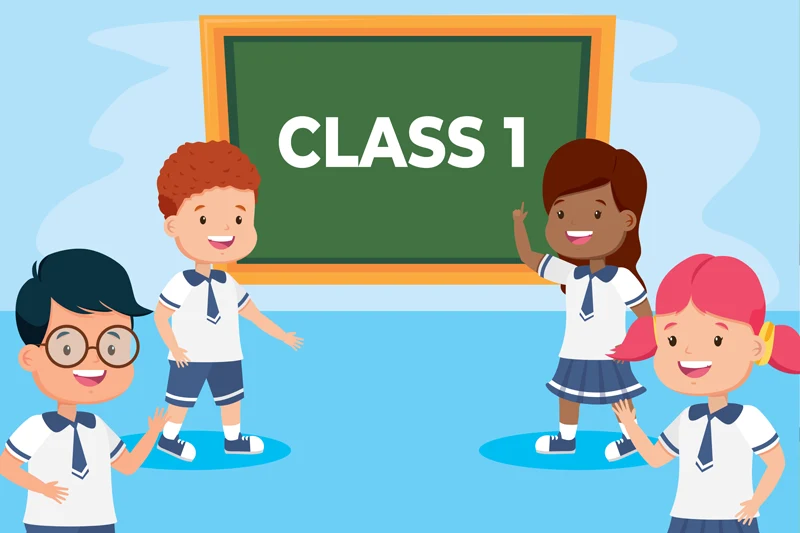
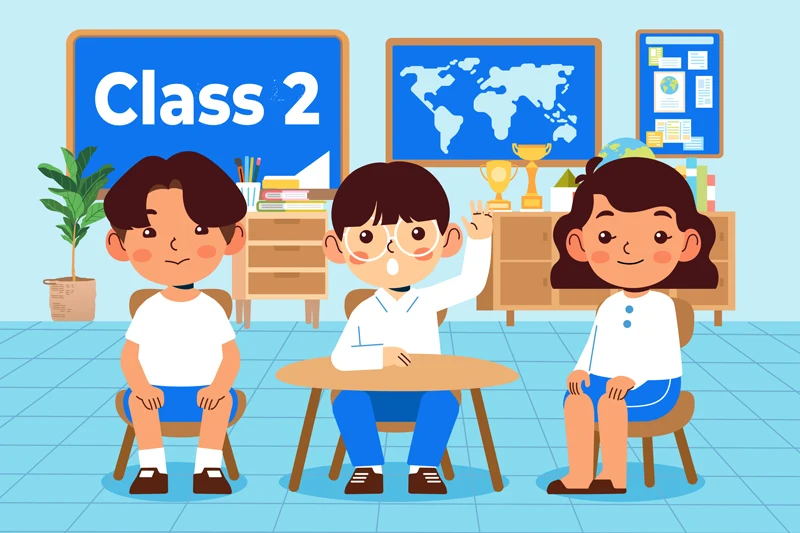
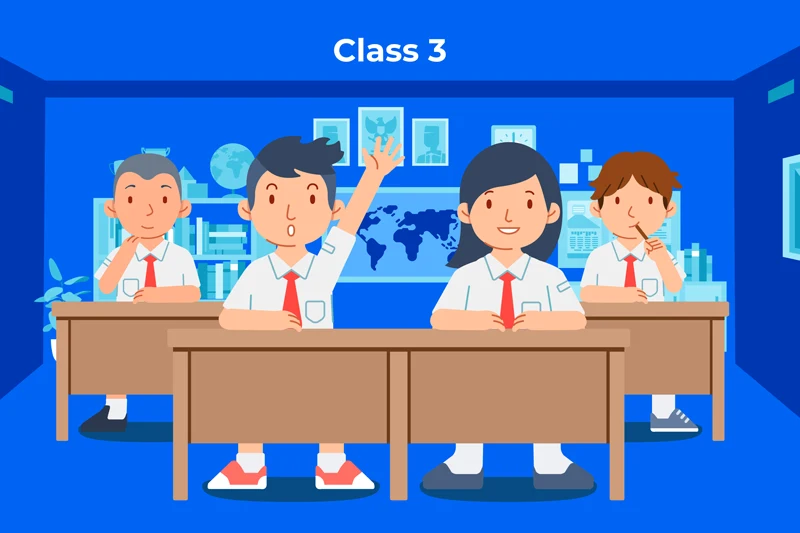
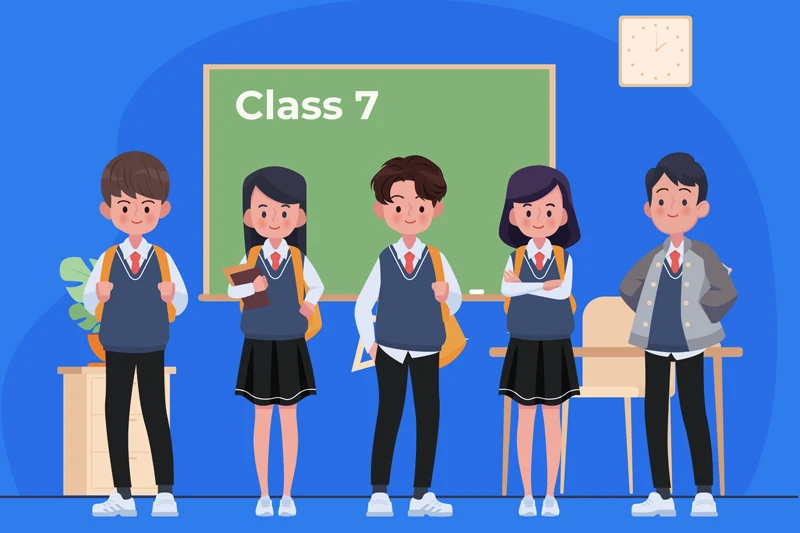

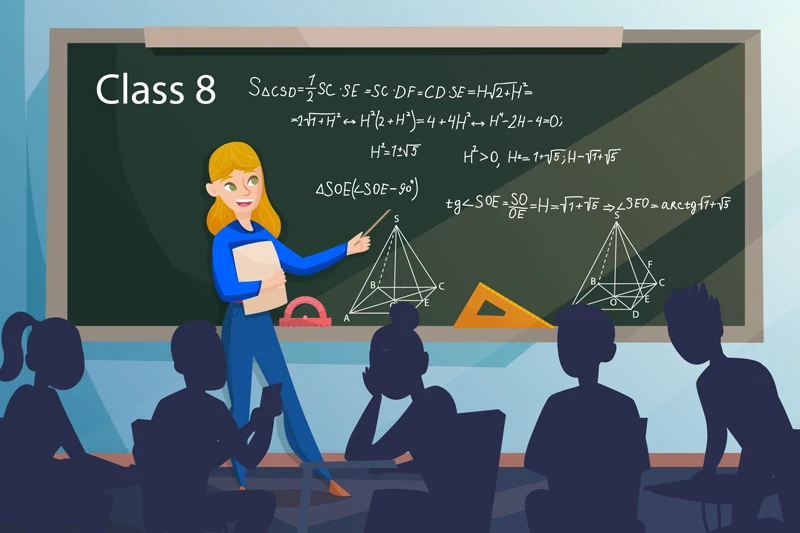




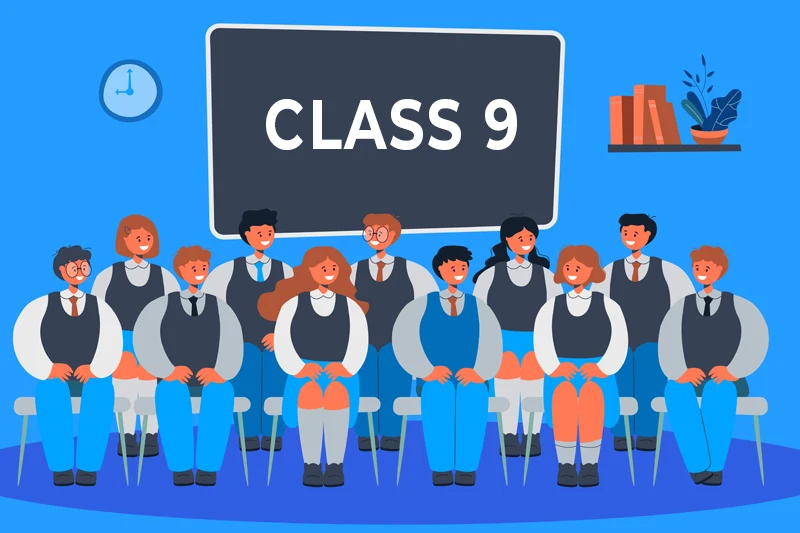
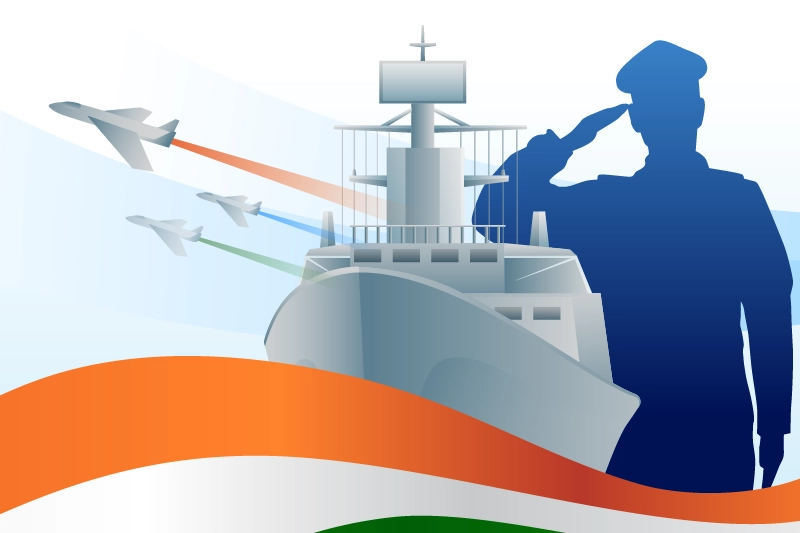
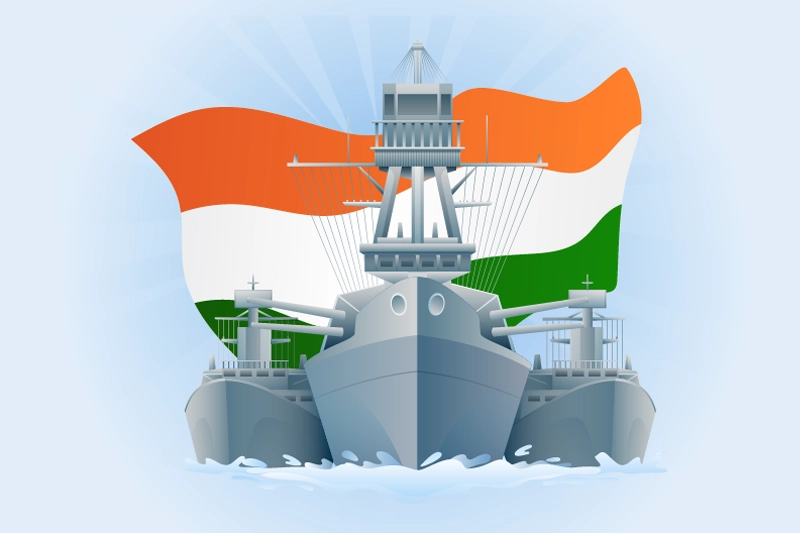



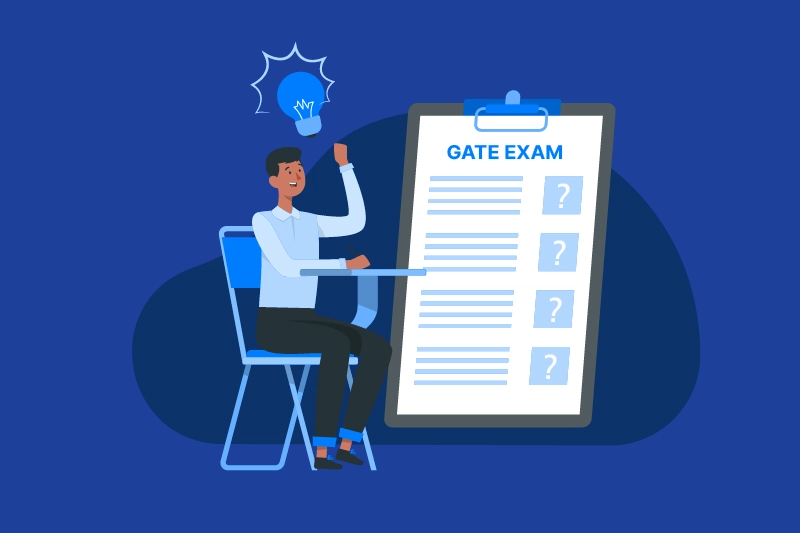
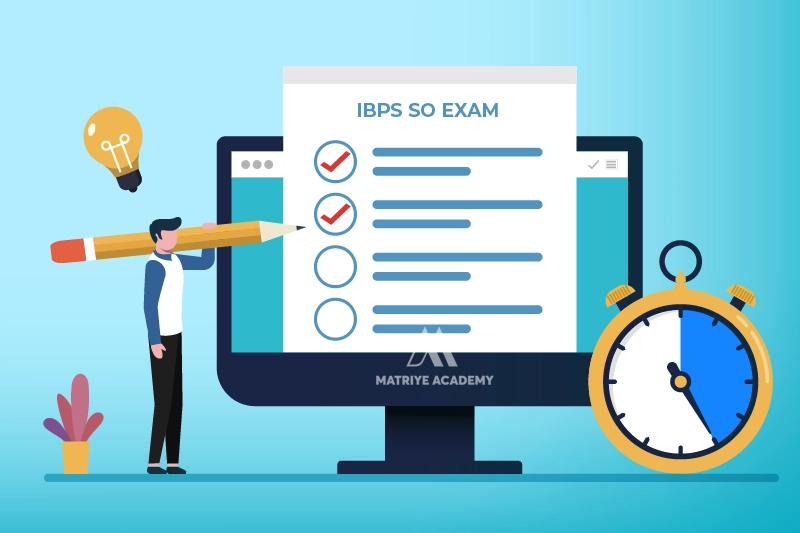
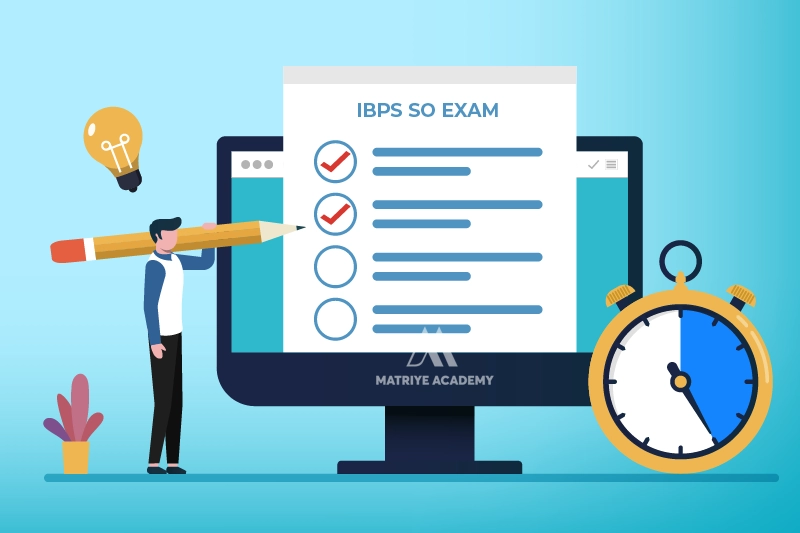

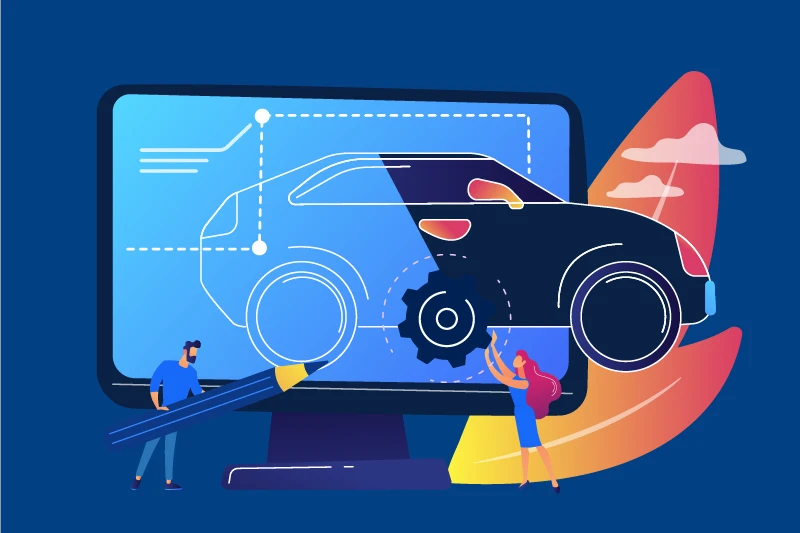
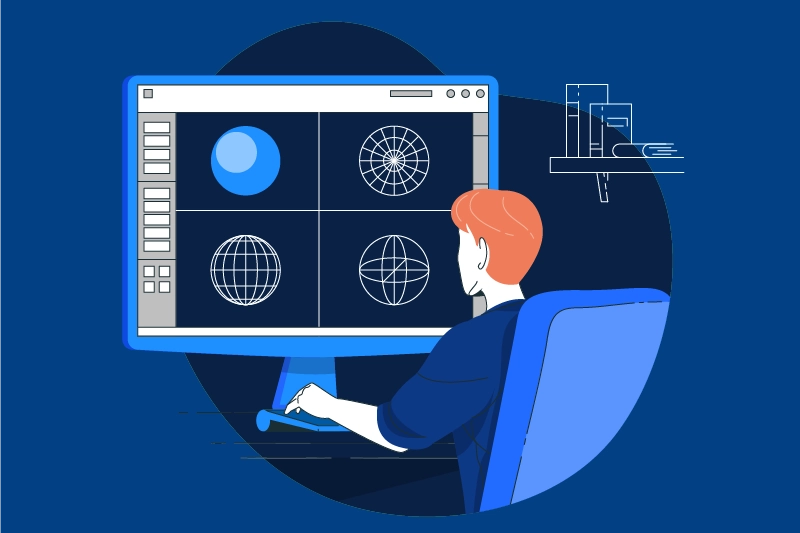





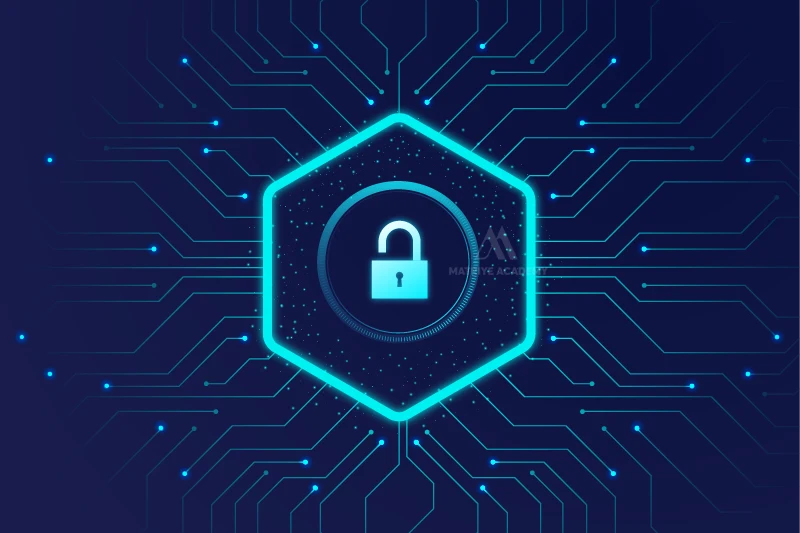








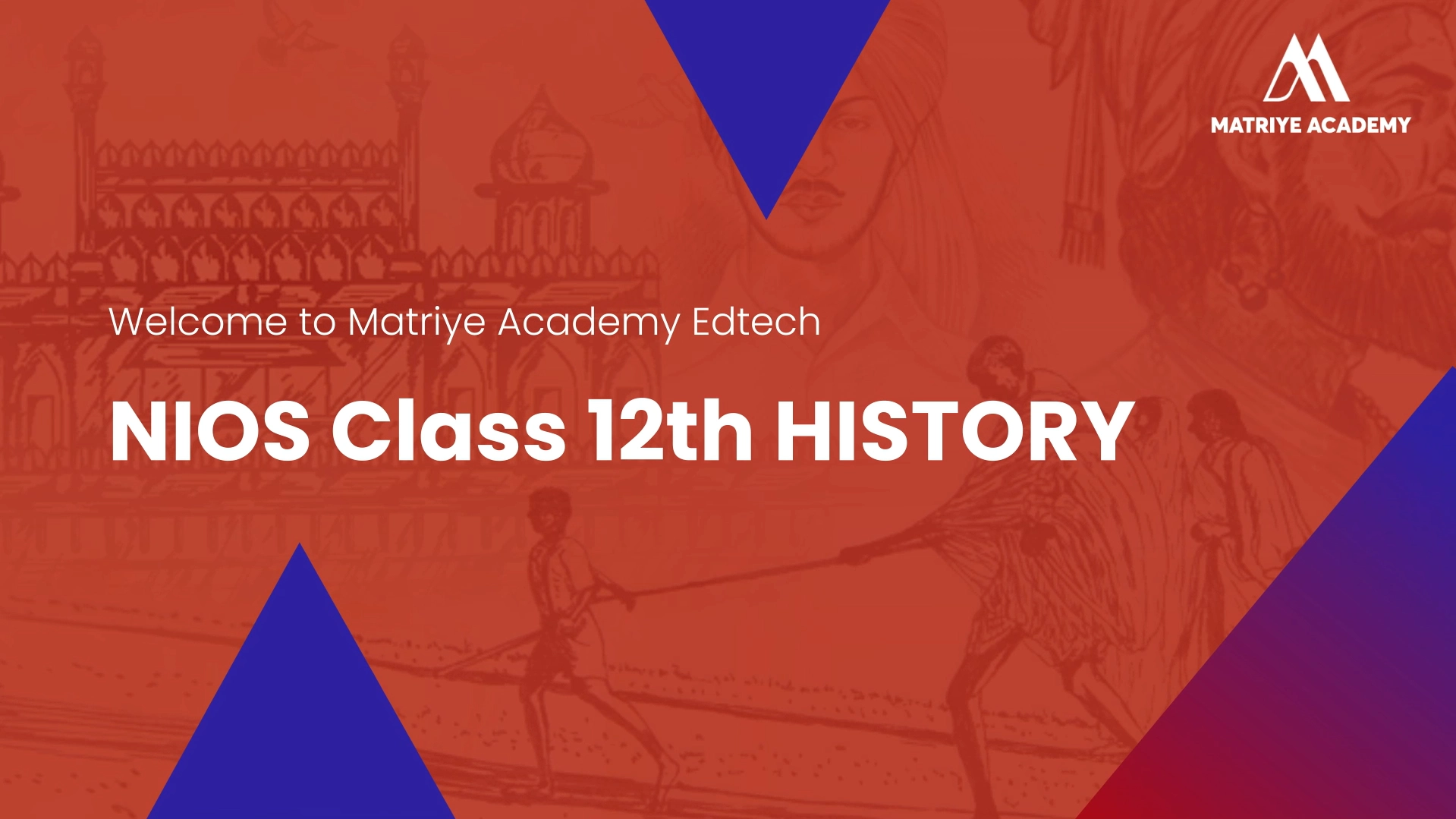


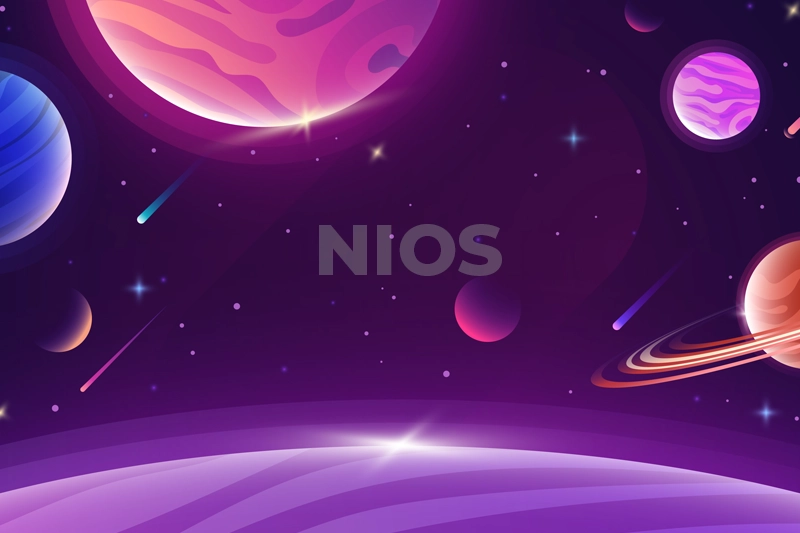
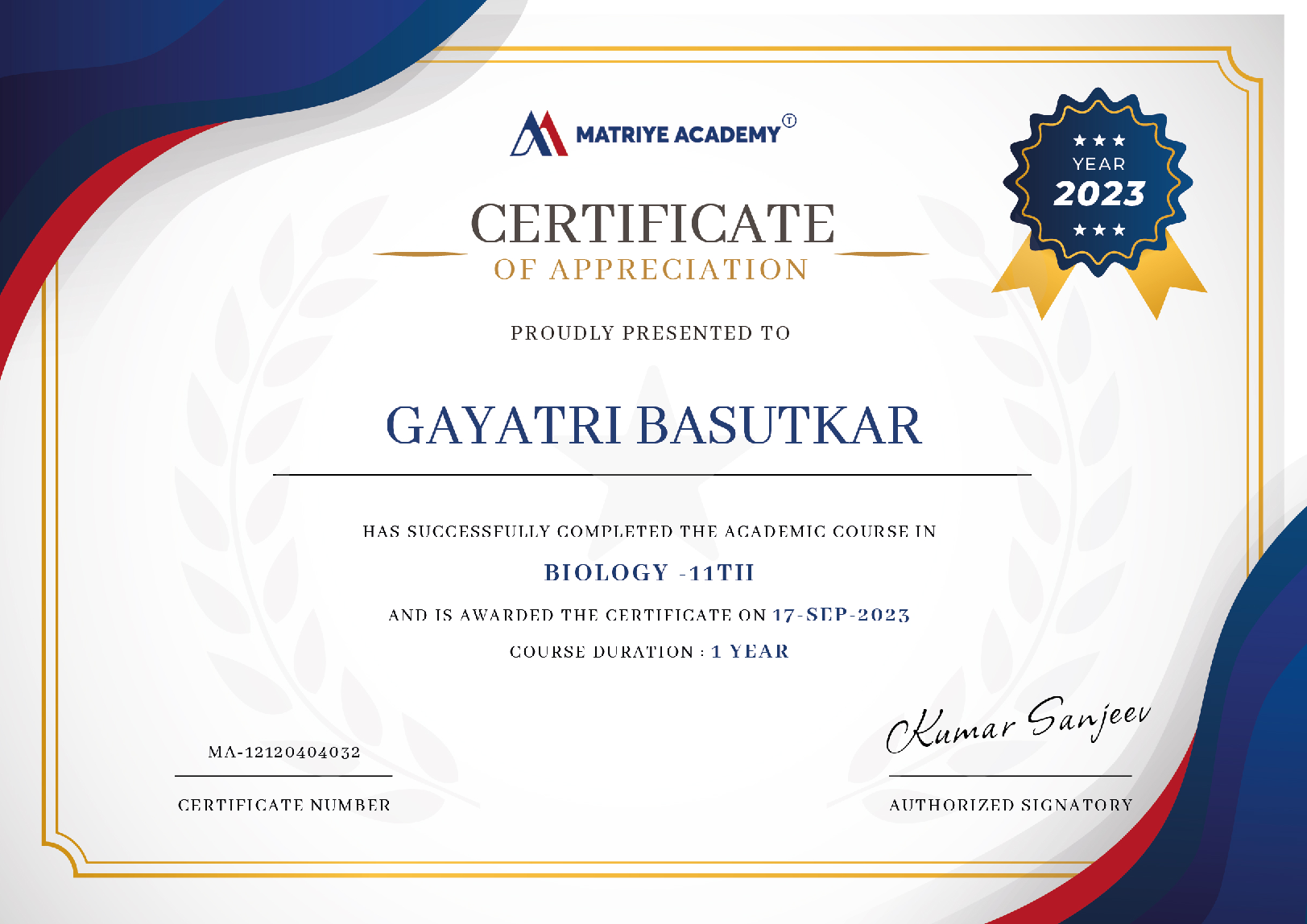
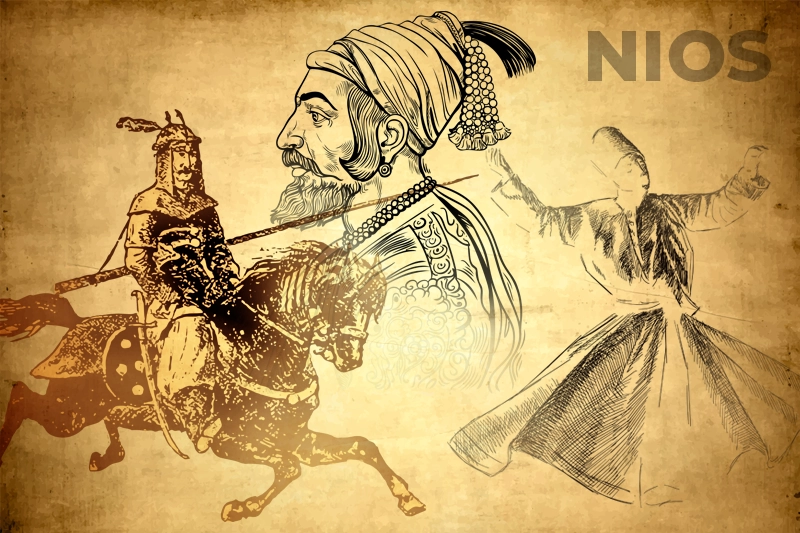
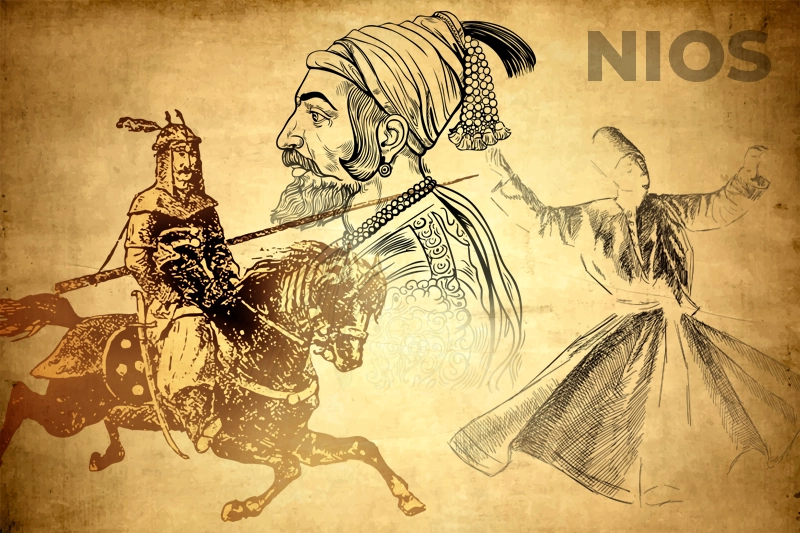
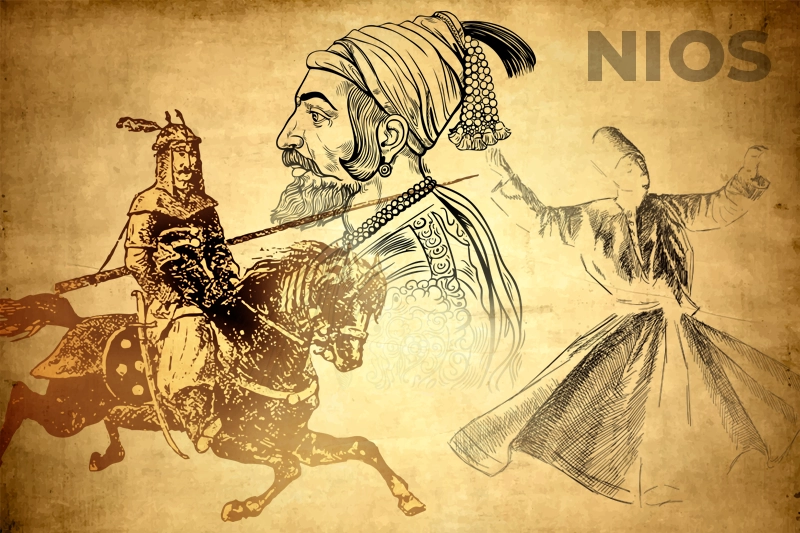
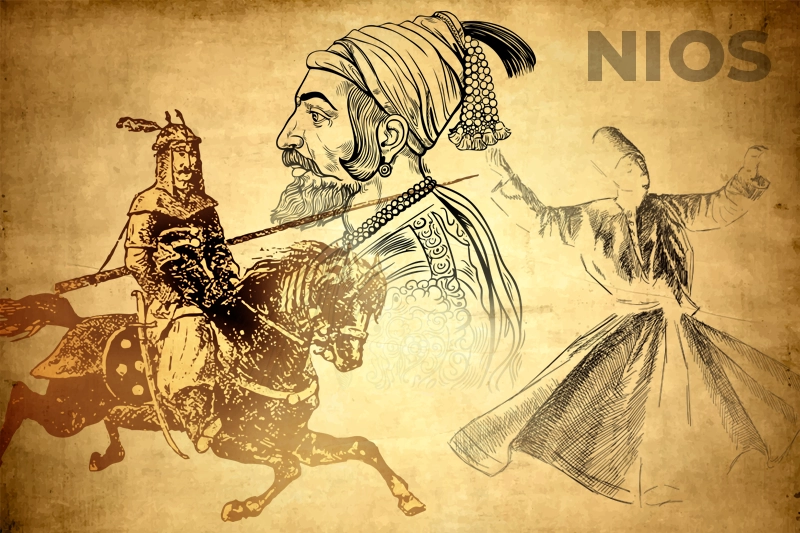
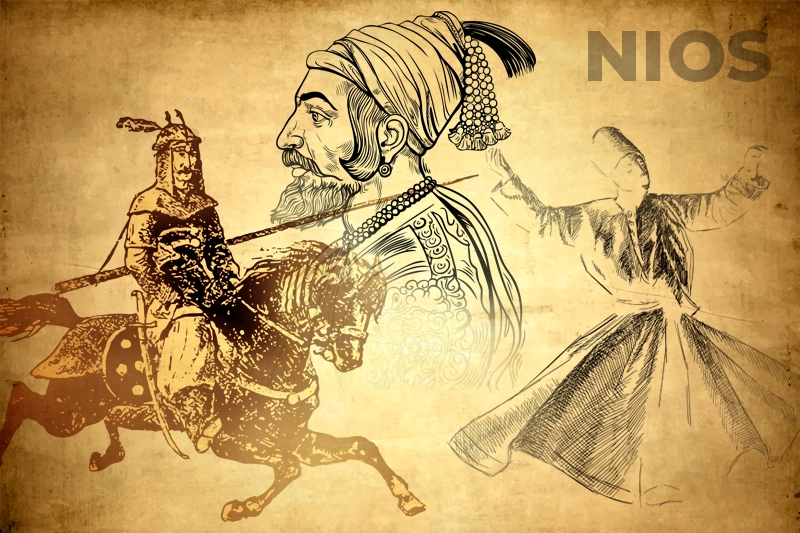
Leave A Comment